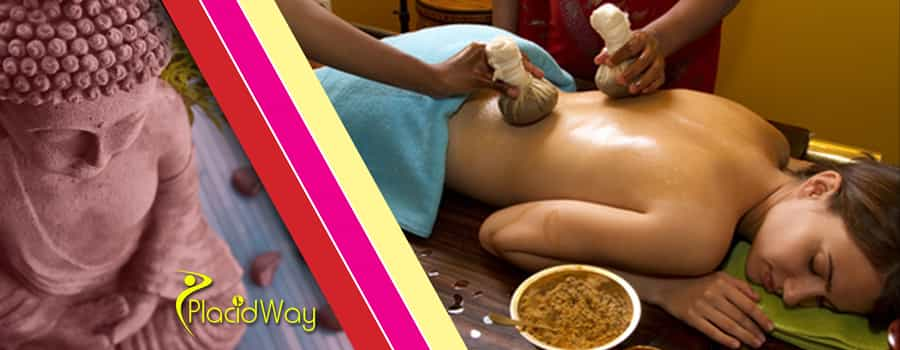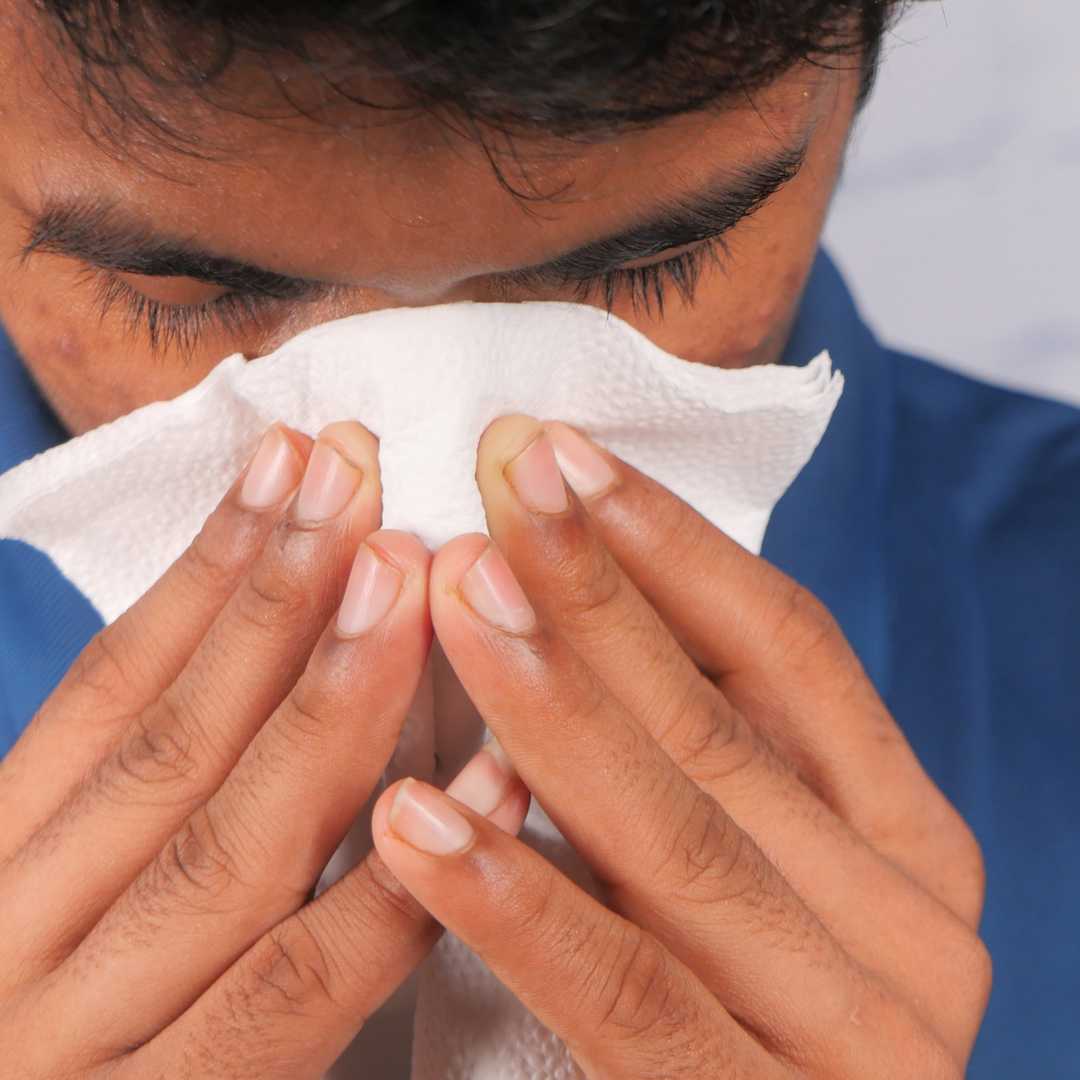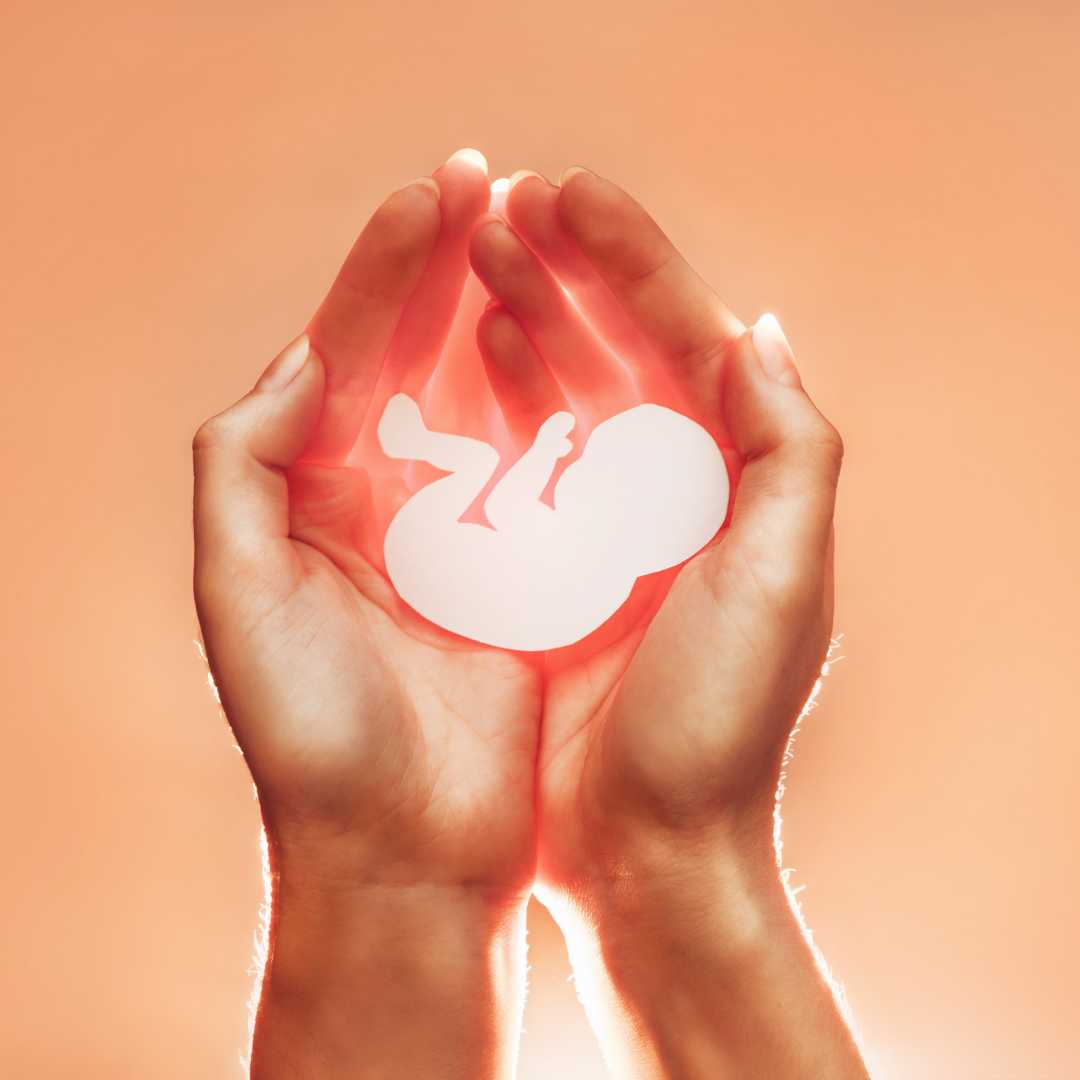

Guide to Medical Tourism in India
India, a land of vibrant culture and rich history, has, in recent years, also emerged as a global destination for medical tourism. This guide aims to provide you with a realistic and practical overview of what to expect when considering India for your medical needs.
A Different Healthcare Perspective
India's medical tourism appeal is rooted in its ability to offer world-class healthcare at a fraction of the cost you might incur in many Western countries. This isn't a story of extravagant luxury hospitals alone, but rather an exploration of healthcare affordability without compromising quality.
The Numbers Speak
It's not just a buzz; the numbers validate India's position as a medical tourism hub. With millions of patients from around the world choosing India for treatments ranging from heart surgeries to complex organ transplants, this country has a proven track record of delivering medical excellence.
Highly Skilled Medical Professionals
India boasts a vast pool of doctors and surgeons who are highly skilled, well-educated, and often have international experience. Many have trained in prestigious institutions around the world, bringing their expertise back home to serve a global clientele.
A Wide Spectrum of Treatments
Whether you're seeking advanced cardiac care, cutting-edge cancer treatments, orthopedic surgeries, or dental procedures, India offers a comprehensive range of medical services. You'll find specialists for almost every medical condition.
Realistic Cost Savings
One of the most compelling reasons to consider India for medical treatment is the cost factor. Procedures that may bankrupt patients in Western countries can often be accomplished in India at a fraction of the price, without compromising on quality.
Facts and Figures:
- Cost Savings: On average, medical treatments in India cost 50-70% less than in Western countries.
- JCI-Accredited Hospitals: India is home to numerous hospitals accredited by the Joint Commission International (JCI), a global benchmark for quality in healthcare.
- Visa and Travel: India offers medical visas to foreign patients, and the country's hospitality industry caters specifically to medical tourists with accommodation options near major hospitals.
- Success Stories: Numerous patients have shared their positive experiences of medical treatment in India, emphasizing both the quality of care and the financial relief it offered.
Beyond Healthcare
India isn't just about hospitals and clinics; it's a land of diverse landscapes, rich traditions, and delicious cuisine. This guide will not only cover the medical aspects but also delve into what you can expect culturally and experientially during your stay.
Popular Medical Treatments in India for Medical Tourists
India offers a wide array of medical treatments that have gained popularity among medical tourists. Here are some of the most sought-after procedures:
- Cardiac Care: Renowned for its cardiac surgeries, India attracts patients seeking procedures like bypass surgeries, angioplasty, and heart valve replacements.
- Orthopedic Surgery: India's orthopedic surgeons excel in joint replacements, spine surgeries, and treatments for musculoskeletal conditions.
- Stem Cell Treatment: World-class Stem cell centers provide comprehensive health care to world wide patients in affordable prices.
- Cosmetic Surgery: India is a top destination for cosmetic procedures such as rhinoplasty, breast augmentation, and facelifts, known for delivering natural-looking results.
- Dental Procedures: Dental tourism is on the rise, with patients coming for treatments like dental implants, smile makeovers, and root canals.
- Fertility Treatments: India is a hub for fertility treatments, offering services like in vitro fertilization (IVF) and surrogacy.
- Bariatric Surgery: Internationally accredited centers in India perform weight loss surgeries like gastric bypass and sleeve gastrectomy with excellent outcomes.
- Eye Care: India is known for high-quality eye surgeries, including cataract surgery and LASIK vision correction.
- Neurology and Neurosurgery: Skilled neurosurgeons treat conditions such as brain tumors, epilepsy, and spinal disorders.
- Gastrointestinal Procedures: Gastroenterology specialists offer treatments for digestive disorders, including endoscopy and colonoscopy.
These treatments, combined with cost-effectiveness and renowned medical expertise, make India a top choice for medical tourists seeking quality care at affordable prices.
Top Medical Treatment Centers in India
To find the top medical treatment centers in India, research accredited hospitals with a track record of excellence and specialized expertise in your medical condition, ensuring you receive world-class care and treatment. Here is the link assosited for the clinics in India for different treatments.
Cosmetic Surgery Clinics in India
Affordable Medical Treatment Packages in India
India offers affordable medical treatment packages that encompass a wide range of procedures, from complex surgeries to specialized treatments. With cost savings of up to 70% compared to Western countries, these packages provide high-quality healthcare at a fraction of the price.
Quality & Accreditation in India for Medical Travelers
Ensuring quality healthcare is a paramount concern for medical travelers, and India takes this responsibility seriously. This section will guide you through the accreditation and quality standards in place to guarantee a high level of care during your medical journey.
International Accreditation
Many top hospitals and healthcare facilities in India have received international accreditation, including accreditation from organizations like the Joint Commission International (JCI) and the National Accreditation Board for Hospitals & Healthcare Providers (NABH). These accreditations serve as indicators of excellence in healthcare and adherence to global standards.
- Joint Commission International (JCI): JCI accreditation signifies that a healthcare facility meets rigorous international quality and safety standards. Hospitals with JCI accreditation have demonstrated their commitment to providing world-class healthcare.
- National Accreditation Board for Hospitals & Healthcare Providers (NABH): NABH is an Indian accreditation body that sets stringent standards for healthcare facilities. Hospitals with NABH accreditation meet specific quality benchmarks and adhere to patient-centric protocols.
Quality of Medical Professionals
India boasts a large pool of highly skilled medical professionals, many of whom have trained or worked abroad. When seeking medical treatment in India, you can expect to be treated by doctors and surgeons who are well-versed in the latest medical advancements and techniques.
Cutting-Edge Technology
Indian hospitals are equipped with state-of-the-art medical technology and infrastructure. From advanced diagnostic tools to robotic-assisted surgeries, these facilities invest in the latest equipment to ensure accurate diagnoses and successful treatments.
Patient-Centric Care
Patient care is a top priority in Indian healthcare facilities. You can expect personalized attention, clear communication with healthcare providers, and a focus on your overall well-being throughout your medical journey.

Transparency and Informed Consent
Indian healthcare facilities adhere to international norms when it comes to informed consent. You will receive detailed information about your treatment options, associated costs, potential risks, and expected outcomes. This transparency empowers patients to make well-informed decisions.
Quality Control and Regulations
India's healthcare sector is governed by stringent regulations and quality control measures. The government and healthcare bodies regularly monitor and assess hospitals and clinics to ensure compliance with these standards.
Patient Testimonials
Before choosing a healthcare provider, it's advisable to read patient testimonials and reviews. Many medical tourists have shared their experiences online, which can provide valuable insights into the quality of care at specific facilities.
Facts and Figures:
- Accredited Hospitals: India has over 700 NABH-accredited hospitals, ensuring high standards of care.
- Internationally Renowned Specialists: India is home to numerous specialists who have gained international recognition for their expertise in various medical fields.
- Success Rates: Many Indian hospitals boast high success rates for complex medical procedures, attracting patients from around the world.
- Cost vs. Quality: India's ability to provide high-quality care at a fraction of the cost in Western countries has made it a top choice for medical travelers.
Understanding the quality and accreditation standards in India is crucial for a successful medical journey.
Cost Comparisons for Medical Treatments in India
One of the most compelling reasons for considering India as a destination for medical treatment is the significant cost savings it offers in comparison to many Western countries. In this section, we will provide a cost comparison for various medical treatments to illustrate the potential financial advantages of seeking healthcare in India.
Cost Savings Overview
The cost of medical treatment in India is substantially lower than in many Western countries, without compromising on quality. Here are some key factors contributing to cost savings:
- Lower Labor and Infrastructure Costs: India benefits from lower labor and infrastructure costs, making medical services, including surgeries and hospital stays, more affordable.
- Currency Exchange Rates: Favorable currency exchange rates can further reduce the cost of medical treatment for international patients.
- Government Subsidies: The Indian government often provides subsidies and incentives to hospitals that offer medical services to international patients, which can translate to cost savings.
Cost Comparisons
Here are some sample cost comparisons for common medical treatments and procedures in India versus the United States, but please note that actual costs can vary depending on various factors, including the choice of hospital and city within India.
| Medical Procedure | Cost in India | Cost in the United States |
|---|---|---|
| Hip Replacement Surgery | $6,000 - $8,000 | $30,000 - $50,000 |
| Cosmetic Surgery (e.g., Breast Augmentation) | $2,000 - $3,000 | $5,000 - $10,000 |
| Dental Procedures (e.g., Dental Implants) | $500 - $1,500 per implant | $2,000 - $4,000 per implant |
| Orthopedic Procedures (e.g., Knee Arthroscopy) | $2,000 - $3,000 | $10,000 - $20,000 |
| Fertility Treatments (e.g., IVF) | $2,500 - $4,500 per cycle | $12,000 - $20,000 per cycle |
| Lasik Eye Surgery | $400 - $800 per eye | $2,000 - $3,000 per eye |
Factors Influencing Costs
It's important to note that the actual cost of medical treatment in India can vary based on several factors, including:
- Choice of Hospital: Premium hospitals may charge higher fees compared to smaller or government-funded institutions.
- Location: Costs can vary significantly from city to city in India.
- Complexity of the Procedure: Highly specialized or complex procedures may have higher associated costs.
- Inclusions: Some packages may include additional services like airport transfers, accommodation, and post-operative care.
Insurance and Payment
Many hospitals in India accept international health insurance plans, which can help mitigate costs for medical tourists. It's advisable to check with both your insurance provider and the hospital to understand the coverage and reimbursement process.
Testimonials from Medical Tourists in India
Hear from our satisfied medical tourists about their transformative experiences and exceptional care in India. Discover why India is a leading destination for world-class medical treatments.
A Dallas Father's Pursuit of Autism Stem Cell Treatment in Gujarat, India
Dental Implants in Rajkot, India by City Dental - Video Testimonial by Meenaben
Traveling and Visa Requirements in India for Medical Tourism
Traveling to India for medical tourism involves a series of steps, from obtaining the necessary visa to planning your journey. This section will provide you with essential information on how to prepare for your trip to India.
Visa Requirements
- Medical Visa: India offers a specialized medical visa for foreign nationals seeking medical treatment in the country. This visa is typically valid for a longer duration than a standard tourist visa and can be extended if necessary. To apply for a medical visa:
- Contact the Indian embassy or consulate in your home country to obtain the application form and learn about the specific requirements.
- You will need a letter from the hospital or healthcare facility in India detailing your treatment plan.
- Make sure to provide all required documentation, including your passport, visa application, and any additional documents requested by the authorities.
- Processing times may vary, so it's advisable to apply well in advance of your intended travel date.
- Tourist Visa Conversion: If you initially enter India on a tourist visa but require medical treatment during your stay, you can apply for a tourist visa conversion to a medical visa. The hospital or healthcare facility can assist you with this process.
Travel Planning
- Choosing the Right Hospital: Research and select a hospital or healthcare facility in India that specializes in your medical condition or treatment. Ensure it is accredited and has a good reputation for international patients.
- Consultation and Treatment Plan: Before traveling, have a detailed consultation with your chosen medical provider. They will provide you with a treatment plan, including estimated costs and duration of stay.
- Travel Insurance: It's strongly recommended to purchase comprehensive travel insurance that covers medical emergencies, trip cancellations, and unexpected events during your stay in India.
- Accommodation: Arrange accommodation close to the hospital or clinic for convenience. Many hospitals have tie-ups with nearby hotels or offer on-campus lodging facilities.
- Travel Itinerary: Plan your travel itinerary, including flights, transportation within India, and any sightseeing or leisure activities you wish to undertake during your recovery period.
Arrival in India
- Airport and Arrival: Most international travelers arrive at major airports like Indira Gandhi International Airport in Delhi or Chhatrapati Shivaji International Airport in Mumbai. Hospitals often provide airport transfer services.
- Health Declaration: Be prepared to undergo health screenings at the airport, especially during times of health crises like pandemics.
- Local Currency: Exchange currency or use ATMs at the airport to obtain Indian Rupees (INR) for your initial expenses.
- Communication: Ensure you have a means of communication, such as a local SIM card or international roaming, to stay in touch with your healthcare providers and loved ones.
Cultural Considerations
- Dress Modestly: In many parts of India, conservative clothing is appreciated, especially in healthcare settings. Loose-fitting, comfortable clothing is ideal.
- Respect Local Customs: Familiarize yourself with local customs and traditions to show respect to the local culture.
- Language: English is widely spoken in India, especially in healthcare and tourism sectors. However, it can be helpful to learn a few basic phrases in Hindi or the regional language of your destination.
Safety Precautions
- Health and Hygiene: Follow recommended health and hygiene practices, including drinking bottled water, avoiding street food, and washing your hands regularly.
- Security: India is generally safe for tourists, but it's advisable to take standard precautions such as safeguarding your belongings and staying aware of your surroundings.
- Travel Alerts: Stay informed about any travel advisories or alerts related to your destination in India.

Safety, Cultural, and Tourism Experiences for Medical Travelers in India
Your journey to India for medical treatment offers not only the prospect of healing but also the chance to explore a country steeped in culture and history. This section will guide you on staying safe, embracing local culture, and making the most of your travel experience in India.
Safety Tips
- Health and Hygiene: Maintain rigorous hygiene practices. Drink bottled water, avoid ice in drinks, and exercise caution with street food to prevent illness.
- Medications: Ensure you have an adequate supply of your essential medications, along with prescriptions in their original packaging.
- Emergency Contacts: Save local emergency numbers, including the nearest hospital and your embassy or consulate's contact details, in your phone.
- Travel Insurance: Keep a copy of your travel insurance policy and emergency contact numbers readily accessible.
- Valuables: Safeguard your belongings, especially in crowded areas. Consider using a money belt or hidden pouch for important documents and valuables.
- Transportation: Choose registered and reputable transportation services. Verify driver and vehicle details when using ride-sharing apps.
Embracing Indian Culture
- Appropriate Dress: India's culture is diverse, with varying dress codes. In conservative areas and at religious sites, dress modestly by covering your shoulders and knees. Comfortable, modest clothing is a good choice.
- Respect for Customs: India is known for its rich traditions and customs. Be open to learning and respecting local practices, such as removing shoes before entering homes or following specific etiquette at temples.
- Greetings: A warm smile and a friendly greeting can foster positive interactions with locals. Learning a few basic phrases in Hindi, such as "Namaste" (hello) and "Dhanyavad" (thank you), can be appreciated.
- Cuisine Exploration: India offers an array of tantalizing dishes. Don't miss the chance to savor local flavors, but exercise caution with street food if you have a sensitive stomach. Dining at reputable restaurants is a safer option.
- Festivals and Celebrations: India hosts vibrant festivals. If your visit aligns with a festival, consider participating to gain a deeper insight into Indian culture.
Tourist Experiences
- Historical Sites: India boasts a wealth of historical landmarks, including the Taj Mahal, palaces in Jaipur, and ancient temples. Plan visits to these iconic sites to delve into India's rich history.
- Nature and Wildlife: From the Himalayan mountains to Kerala's backwaters, India offers diverse natural landscapes. Explore national parks and wildlife sanctuaries to witness the country's biodiversity.
- Yoga and Wellness: India is the birthplace of yoga and Ayurveda. Consider incorporating wellness practices and spa experiences into your trip for relaxation and rejuvenation.
- Local Markets: India's bustling markets are a shopper's delight. Explore local markets for handicrafts, textiles, jewelry, and souvenirs.
- Cultural Performances: Attend cultural performances, including classical dance, music, and theater, to appreciate India's artistic heritage.
- Adventure Activities: If you're an adventure enthusiast, India offers trekking, river rafting, and more in its scenic landscapes.
Remember that your medical journey in India can be both therapeutic and culturally enriching. Engaging with local culture and exploring the country's attractions can contribute to a holistic healing experience.
Post-Treatment Considerations
- Follow Medical Advice: After treatment, adhere strictly to the post-operative care and medication regimen prescribed by your healthcare provider.
- Rest and Recovery: Allocate time for recovery and rest. Avoid strenuous activities and prioritize your well-being.
- Cultural Sensitivity: Continue to respect local customs and dress codes, especially if your recovery period extends in India.
- Safe Return: Ensure you are in good health and fit for travel before returning to your home country. Seek guidance from your healthcare provider.
By combining safety precautions, cultural immersion, and tourism experiences, you can make the most of your medical trip to India and return home not only with improved health but also with cherished memories of your time in this incredible country.
Discover Medical Tourism in India with PlacidWay
Explore PlacidWay's comprehensive medical tourism offerings in India today, and embark on your journey to top-quality healthcare at unbeatable prices. Your path to healing and wellness starts here.
For more information about India and the medical treatments and procedures, it offers,
Click the button below!
















.png)

Share this listing